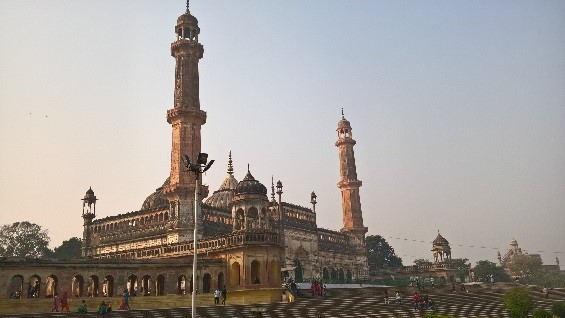In a search for new ways to expand our BIONET catalogue, we have teamed up with Dr Elaine O’Reilly and her group at the University of Nottingham to explore enzymatic approaches to valuable chiral products. Enzymes can offer a sustainable and cost-effective alternative to traditional catalysts, especially in chiral synthesis and currently the pharmaceutical and fine chemical industries are intensely exploring this area. Dr O’Reilly’s research interests focus on aspects of the engineering and application of biocatalysts and the design of efficient industrial biocatalytic processes.[1,2] To find out more about these processes, chemists from Key Organics spent an interesting time In the O’Reilly lab in September to learn how to work with biocatalysts and translate that knowledge to our labs in Cornwall. We will look into applying some of the technical knowledge gained in relevant projects at Key Organics.
1. Green, A.P., N.J. Turner, and E. O'Reilly, Angewandte Chemie International Edition, 2014. 53, 2447-2450.
2. Gomm, A., et al., Chemistry - A European Journal, 2016. 22, 12692-12695.






























